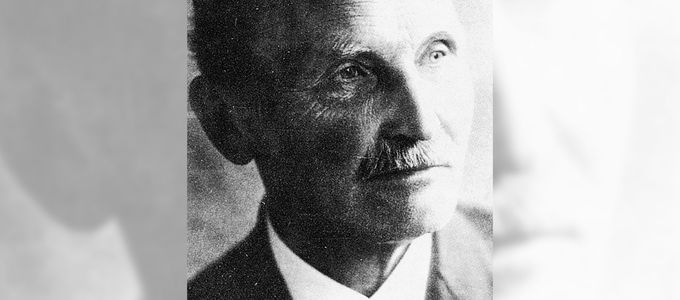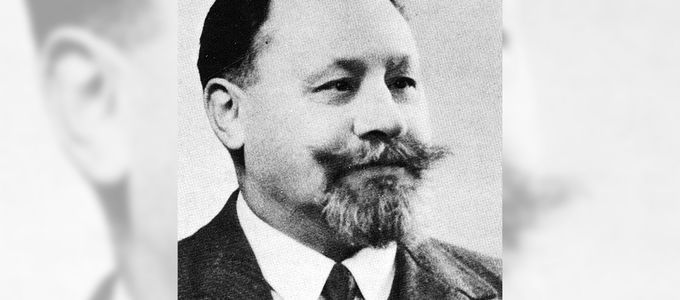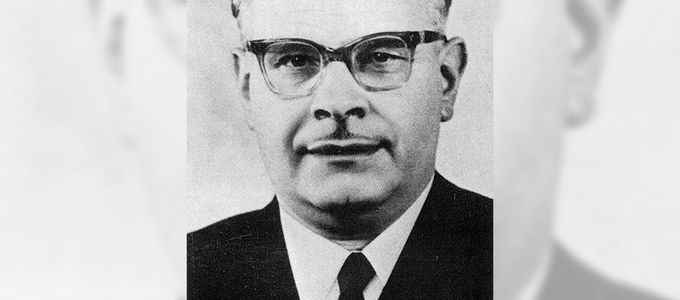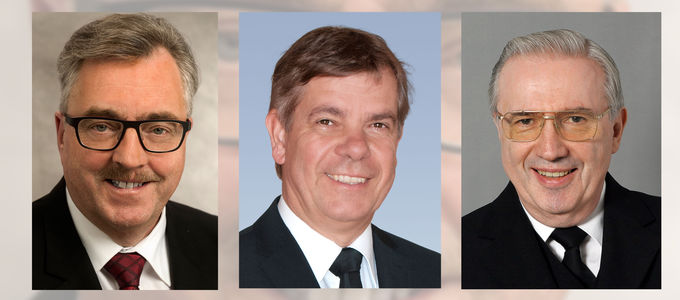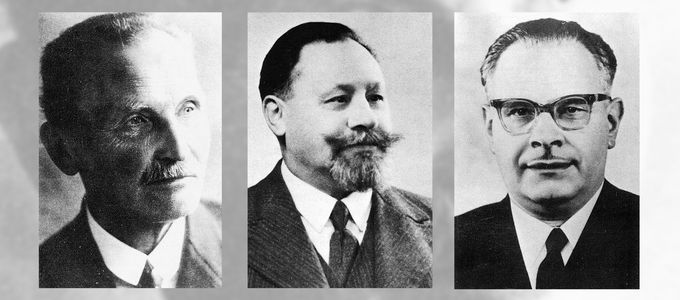
“Where will you spend eternity?” This question written on a sign had something to do with the beginnings of the New Apostolic Church in Austria. Here is a look at the country that will be hosting this year’s Pentecost celebration.
The sign stood in a shop owned by Josef Hallawitsch. He was a Deacon and had been sent to Vienna by Apostle Friedrich Krebs in 1885. By asking this question he wanted to engage people in dialogue. Although Priests were sometimes sent as reinforcements, he never managed to get beyond the stage of house congregations.
It was after the First World War that things changed, when the Catholic imperial monarchy had to give way to the republic. “All inhabitants of Austria have the right to freely exercise the faith, religion, or profession of their choice, whether publicly or private.” It was in these terms that the new constitution granted general freedom of religion.
The republic creates new possibilities
Now, Martin Trinks could go ahead. The Evangelist had moved from Dresden to Vienna already in 1914. Because of his faith, however, he could not work in his profession as a teacher and therefore opened a general store. The new freedom of religion opened up new possibilities for Martin Trinks, and not only professionally. He found work in a private school.
It was on the fifth floor of the schoolhouse that the Evangelist could now celebrate divine services. Until then they had been conducted in his home. He set out with a great deal of enthusiasm: he preached, played the harmonium, and worked hard to invite people to the services. Thus, in 1922, Apostle Hölzel was able to seal the first people in Austria.
From Elder to Apostle district
By 1936 the Church in Austria had grown to such an extent that it received the status of district. Robert Gresli, whom Chief Apostle Johann Gottfried Bischoff had asked to move to Austria from Offenbach on the Main (Germany) five years before, was ordained as District Elder.
Standing at the altar with him was a young Deacon by the name of Max Gurtner, who would become the country’s first own Apostle nineteen years later. Until then, Apostles mainly from Switzerland had looked after the members in Austria—as also in later years. Until his death in 1972, Apostle Gurtner was also entrusted with the care of the members in areas of Italy, Hungary, in the Balkans, and in Poland.
Special rights and duties
Since 1975 the New Apostolic Church has been one of the recognised churches in Austria. This includes the right to teach religious instruction in public schools as well as special protection: the defamation of religious doctrines of these officially recognised denominations is punishable by law.
Today, Apostle Philipp Burren of Switzerland and Bishop Peter Jeram of Austria together with some 250 ministers look after five thousand members in fifty congregations. Church president is the retired Apostle Rudolf Kainz. He represents the New Apostolic Church Austria to other churches and state authorities.






